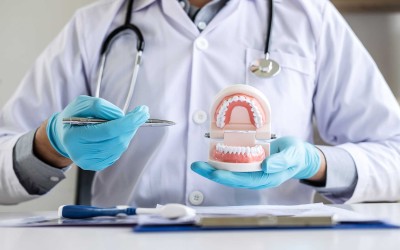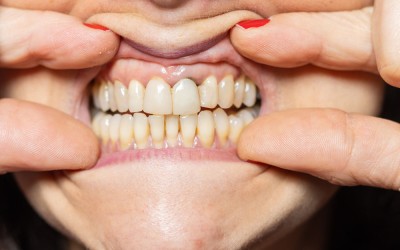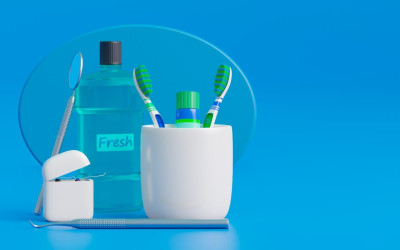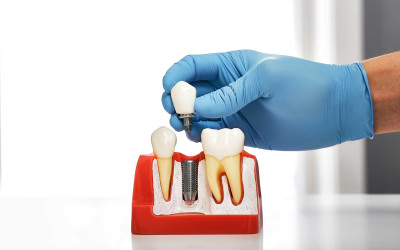Mouth Sores and Their Treatment
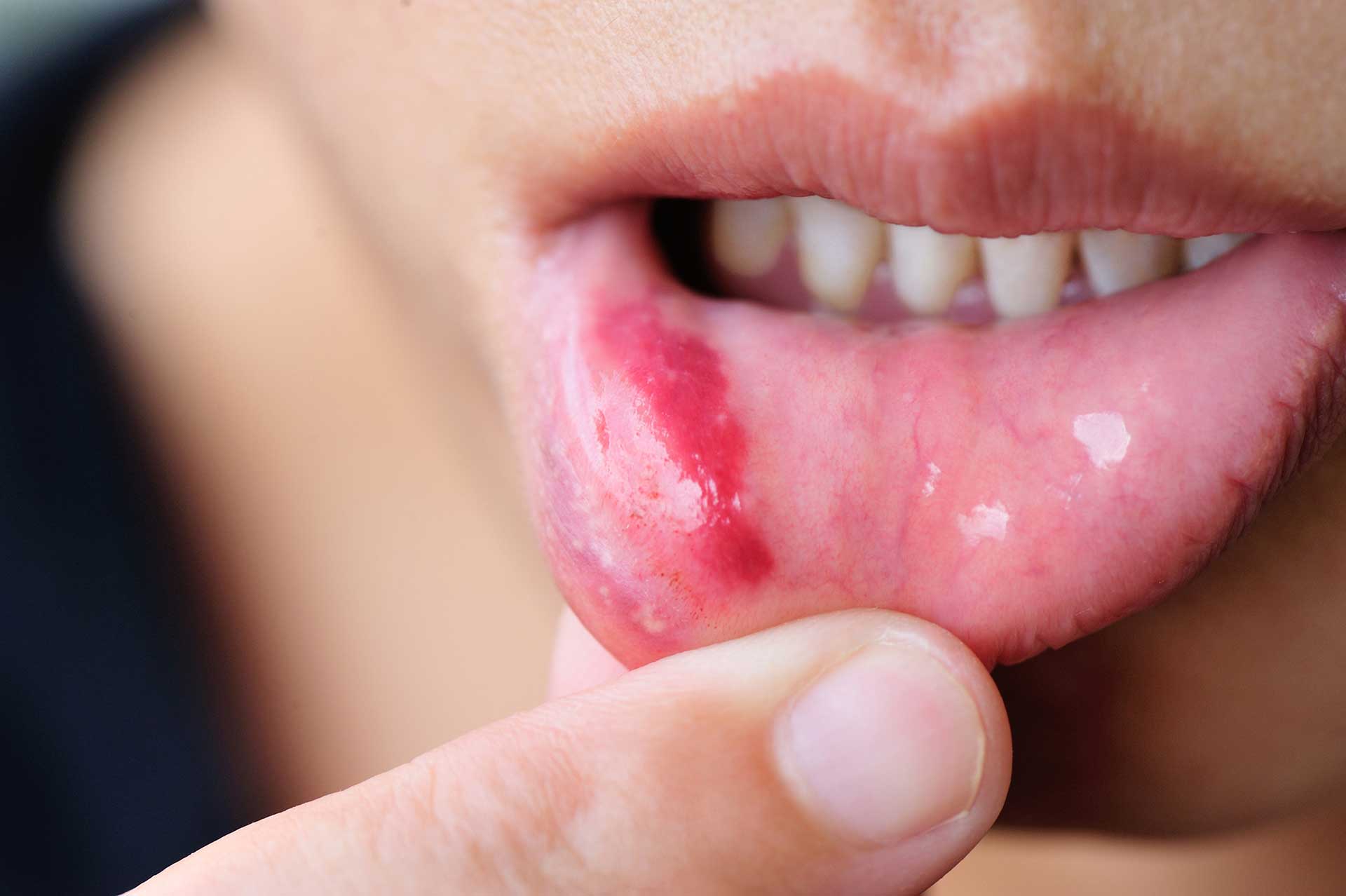
Mouth Sores and Their Treatment
- 3 May 2024
- 8006 views
Practical and effective recommendations for dealing with mouth sores! Recommendations to reduce pain and speed up healing are here!
This content is for informational purposes only and does not replace medical advice, diagnosis, or treatment. Please consult a healthcare professional for any health concerns.
Table of Contents
Mouth sores are a common problem that can negatively affect daily life. They can make basic activities such as eating, speaking, and even simply opening the mouth difficult. Therefore, it is important to know about their treatment and prevention.
Types of Mouth Sores
Mouth sores can come in different types. The types include:
- Canker Sores: These are the most common type of mouth sores. They typically have a red border with a white or yellow center. Canker sores can be painful and are often associated with factors like stress, hormonal changes, or a weakened immune system.
- Cold Sores (Herpes Simplex Virus): Cold sores are small blisters usually seen on the lips or around the mouth. They are caused by the herpes simplex virus (HSV) and can be activated by triggers like stress, sunlight, or a cold.
- Candidiasis (Oral Thrush): Oral thrush is an oral fungal infection resulting from an overgrowth of the Candida albicans fungus. It appears as a white coating and can affect the mouth, underside of the tongue, and inner cheeks.
Causes of Mouth Sores
Mouth sores can stem from various reasons. The most common causes include:
- Burns and Trauma: Situations like contact with hot food and beverages or getting hit in the mouth by a hard object can cause mouth sores.
- Oral Hygiene: Not paying enough attention to oral hygiene can lead to the proliferation of bacteria and viruses in the mouth, resulting in mouth sores.
- Allergies: People allergic to certain foods or oral products may experience mouth sores.
- Stress and Emotional Factors: Stress, anxiety, and emotional tension can contribute to the development of mouth sores.
- Vitamin and Mineral Deficiencies: Deficiencies in vitamins and minerals, particularly vitamin C, iron, and folic acid, can increase the risk of mouth sores.
Treatment of Mouth Sores
Mouth sores can often be treated with at-home care and remedies. However, in some cases, professional medical intervention may be necessary. Some effective treatment methods include:
- Mouthwashes: Antiseptic mouthwashes can be used to clean and aid in the healing of mouth sores, reducing pain and the risk of infection.
- Pain Relievers: Pain relievers or numbing mouthwashes can be used to alleviate pain from mouth sores. However, products containing aspirin or blood-thinning agents should be avoided.
- Topical Treatments: Topical treatments available over the counter or by prescription can help speed up the healing process of mouth sores and alleviate symptoms.
- Dietary Changes: Avoiding hard or spicy foods and opting for softer and cooler foods can help manage painful mouth sores. Additionally, acidic and abrasive foods should be avoided to prevent irritation.
- Professional Treatment: If mouth sores do not improve with at-home care or become excessively painful, it is important to consult a dentist or an ear, nose, and throat specialist for professional medical treatments to facilitate quick healing and prevent recurrence.
Tips for Preventing Mouth Sores
There are some effective ways to prevent mouth sores, including:
- Regular Oral Hygiene: Brushing your teeth at least twice a day and using dental floss can prevent plaque and bacteria buildup.
- Healthy Eating: Maintain a balanced diet to ensure you get all the vitamins and minerals your body needs. Particularly, vitamin C, iron, and folic acid are important for preventing mouth sores.
- Stress Avoidance: Stress can weaken your immune system and contribute to the development of mouth sores. Try relaxation techniques and plan your daily activities to reduce stress.
- Selection of Oral Care Products: Avoid oral care products containing chemicals that could cause mouth sores. Be cautious when choosing toothpaste, mouthwash, and mouth-cleaning solutions.
- Regular Dental Check-ups: Visit your dentist regularly to have your oral health checked and to detect potential problems early on.
In light of the above, persistent mouth sores that do not resolve within 7-10 days should be consulted with a dentist or an ear, nose, and throat specialist for proper evaluation and treatment.




